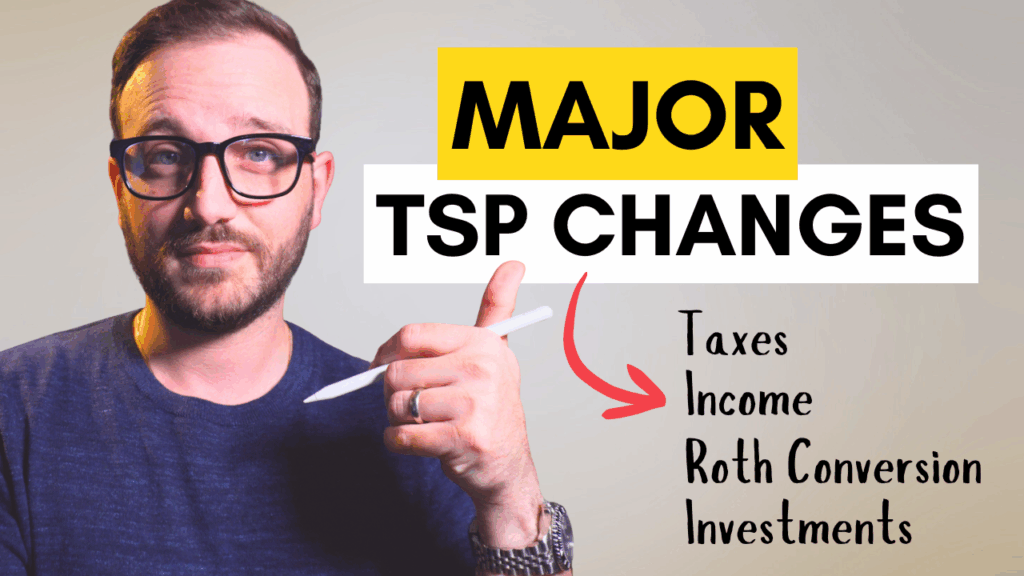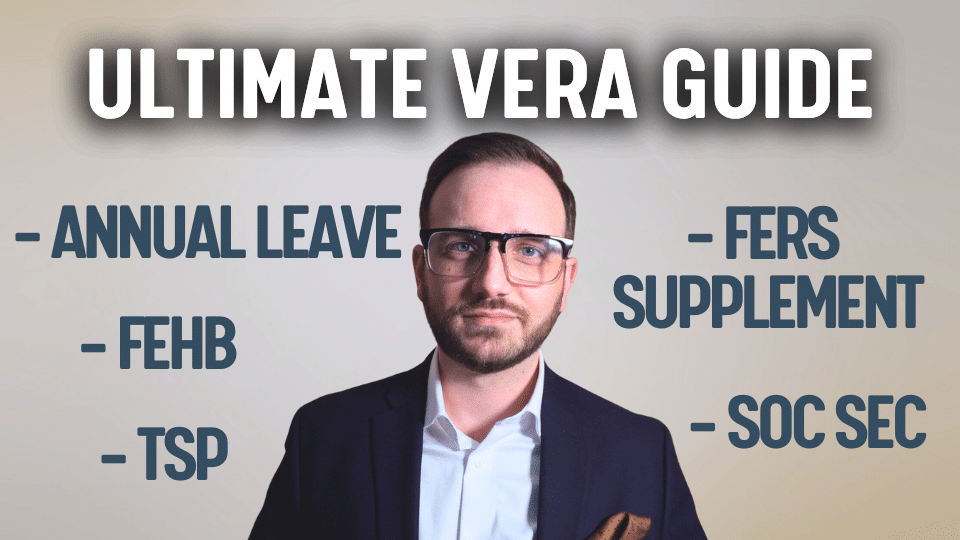Do you really need an Estate Plan?
We, almost superstitiously, don’t like to talk about death, but you have goals for your capital after you’re gone, just as you do while you’re alive and kicking. Estate planning is one of those topics where people tend to avoid, often until it’s too late. It involves planning for a time when you’re gone, when those you care about won’t have you to look after them.
By the time you get an estate attorney to draw up the legal documents you need for estate planning done right, you should know what you want your plan to accomplish. Lawyers are experts at the “how”.
In overseeing the wealth of families, I have seen estate planning to be one of the strongest components of keeping and guiding family wealth and safety. I’ve had experience guiding people through these types of conversations from a strategic level. The tactics would be up to an attorney to draw out and create the legal documents.
It is my experience that if you take a step back from the whole process and think not about the fact that you’re creating legal documents for the end of your life, but rather, what is the legacy that you would like to leave and be remembered for; you’ll find that it’s a much more approachable method of accomplishing this task.
Keeping It In The Family
Perhaps you might be thinking that only multi-millionaires need estate plans. But one of the best-utilized methods that a broad range of families use to keep wealth in the family is proper estate planning. With it, it’s possible to greatly reduce or possibly even eliminate state and/or federal estate or inheritance taxes.
The estate tax exemption that is currently set to over $11M was not always that high, nor is it likely to remain that high. How low will that protection go? Will it continue to protect your home and other assets from being lost to your family by taxation? In the face of changing taxation, the “millionaires-next-door” as I like to call them, are made aware that they may not be entirely shielded. We can’t predict future tax laws, but you’ll want to plan your estate properly, and perhaps regularly, in order to reduce the chances of having to give up a portion of your legacy to taxes instead of to your heirs.
Another consideration for estate planning is to keep assets out of probate. Probate is a long and very public process, causing agony and additional costs to people who are already going through the loss of a loved one. We’ve all heard stories about rock stars and entertainers’ planning fails. You don’t want your family’s wealth to be in the public eye placing it — and them — in jeopardy or subject to ridicule.
If you fail to make a formal estate plan, the state has one as a fallback. If there are assets that are not guided by legal documents, you give up your rights in determining how those assets will be handled, and state law will determine what happens instead. Many of those decisions made by the courts would likely not be your first choices. Keeping your assets out of courts and out of the papers can be easily achieved by having the proper plan and legal documents in place.
One less common purpose of estate planning is also to protect you from legal suits or liability. IRAs and ERISA retirement plans are in themselves a form of trust, providing protection from creditors. Your other assets (and potential future earnings) need you to build a shield in order to protect them.
Planning For When You Can’t Plan
Estate planning is an opportunity to make decisions about the legacy you are leaving while you still have time to plan and think it through. This isn’t an overnight process. There will be such a time in your life where you will either no longer be able to make decisions for yourself or won’t be around to do so.
Retirement accounts can all have named beneficiaries, but even if your assets have a proper inheritance channel to follow, do you want your heirs to have free reign over what they do with those assets?
I want you to ask yourself these questions: who will handle your financial and legal affairs if you are to become incapacitated? Can your spouse handle these tasks if that happens? Do they have the expertise in managing and maintaining your retirement plan? If you have young children, who will be responsible for them? Often, you may want the person that’s raising your children to be different than those that are managing their finances.
Protecting Your Heirs
If your children are inheriting your assets, have you considered how to divide the inheritance? How much will they get? When will they get it? If they’re younger and perhaps less experienced in life, do you wish to have control over what happens to their inheritance even while you’re no longer present?
This is possible through estate planning. Having control beyond your life might be an important thing to you. Perhaps you wish to pass on your principles of money, stewardship, and philanthropic desires. All of these things are possible, but only if you take the time to plan properly while you can.
Estate planning can help you protect your children if they inherit while they’re young, or even if they are old enough but perhaps may become subject to poor decision-making, or even outside influence.
Some families make the decision to incorporate a special needs trust. There are a variety of purposes for utilizing one. For instance, you may be parents that have a diabetic child and may choose to establish a trust for them as a form of covering their child’s medical costs, even after you are no longer around. If set up properly, this trust may be “Medicaid friendly”, meaning that assets held in this trust can still provide for its beneficiary even if they have become eligible for Medicaid. Assets held directly by that person may disqualify them from receiving Medicaid normally.
Unless your estate is handled properly, legal settlements like lawsuits or a future divorce can become events that bite into their inherited assets. You may also feel that your children may have discord on their inheritance if decisions are left up to them. You can help preserve relationships by making these decisions ahead of time.
Types of Estate Planning Documents
When you retain an estate attorney for legal documents, you are typically presented with a package. This often includes a Last Testament and Will, Financial Power of Attorney, Advanced Medical Directives and Health Proxy, and some sort of planning for estate settlement costs.
Your financial affairs are not the place to be penny-smart and pound-foolish, but don’t buy more than you need. For most people, that about covers all of their needs. Estate planning can get complex and expensive, so make sure you understand what you want properly before you engage an attorney.
You may want to discuss whether or not a trust makes sense for your family. Trusts will allow your family’s assets to remain out of the public eye and can be beneficial in more complex circumstances.
I’ve seen them used in families that owned multiple properties or had business interest. I’ve also seen them used by those that wished to have greater control over their legacy such as how it’s to be managed and spent. Perhaps you’d like your legacy to fund a philanthropic endeavor of your choosing.
If you decide that a trust is right for you, make sure you select the proper type of trust, and make sure that you utilize pour-over wills if needed. Make sure you decide if you or a family member will be the trustee or if you’ll hire a professional trustee. All important details to discuss with your financial planner and estate attorney.
Perhaps most importantly with trusts: just having a trust document does not mean that your listed assets are now “safe”. This is major mistake that we see people make, and it happens more often than you’d think. After a trust has been created, you must work to retitle all of the assets that belong in the trust into the trust’s registration. This process is paperwork heavy and varies among each custodian of your assets. Having a trust but not reregistering your assets will have rendered the trust a mere document. Your advisor should be able to handle this task on your behalf.
Already Have Estate Documents?
If you have legal documents in place, review them. Do they need to be updated? Are there any new little people in your lives, like grandchildren, nephews or nieces? Is there someone currently listed as an heir that’s no longer in your life? Have you moved to a new state? Sometimes there is state-specific language that’s necessary.
Actions You Can Take Today
If you have nothing right now, I’d suggest looking into what I like to call a “Band-Aid Will”. These can be available online, and while not as good as the real thing, something is better then nothing. As a starting point, you can think about who you want to inherit your assets, and assign them as beneficiaries of your current accounts, at least until you have time to plan properly. You should think about your last wishes and bequests and memorialize them.
Regardless of what your estate documents say, beneficiaries listed on an insurance product, retirement accounts, and even some personal accounts, are driven by their own rules, which your estate planning cannot change. So you’ll want to check all of your beneficiaries, including your TSP, IRAs, individual or joint investments, bank accounts, and FEGLI and other insurance policies.
Make sure that non-retirement accounts are listed as TOD/POD, which stands for Transfer on Death or Payable on Death. Certain organizations name them differently, but they may mean similar. These too supersede a Will. The point here is that you need to make sure that your listed beneficiaries and your legal documents match, if doing so matches your legacy intentions. If you have legal documents created but never changed your beneficiaries, the splitting of your legacy may not go as you intended.
You should also consider your federal retirement elections and how they are impacted upon your death, especially if your death is prior to your spouses. While this may not end up in your legal documents, this is still a part of estate planning. Learn about how the finances might change in the event of your or your spouses’ demise so that it is not a surprise when the time comes. For example, the non-fed survivor needs to be prepared for receiving a reduced pension and social security benefits, there may be life insurance policies that pay lump sums of money, and a variety of other factors.
You’ll also want to consider writing a letter to your family, while you’re still of sound mind. This isn’t something that’s required or legally necessary, but for many families, it’s an important piece of their legacy. You can tell your family how much you love them, care about them, why you’re making the decisions you’re making, and what you want for them, in your own voice, and not the legalese of the documents that make the actual conveyances.
It’s a love letter, but it’s more than that. You may also consider giving instructions with email passwords or other pieces of information that you deem important or necessary.
As you begin to get things in order, I recommend seeking the proper team of professionals, a planner and an attorney, creation and execution, to help guide your decision-making and getting these legal documents created. The right team generally gets you to your goals in the most efficient way possible.
We cannot predict the future, but you can achieve your goals for tomorrow whether you’re there to see it or not. Don’t leave it up to chance, after all, it’s not just your money, it’s your future.



